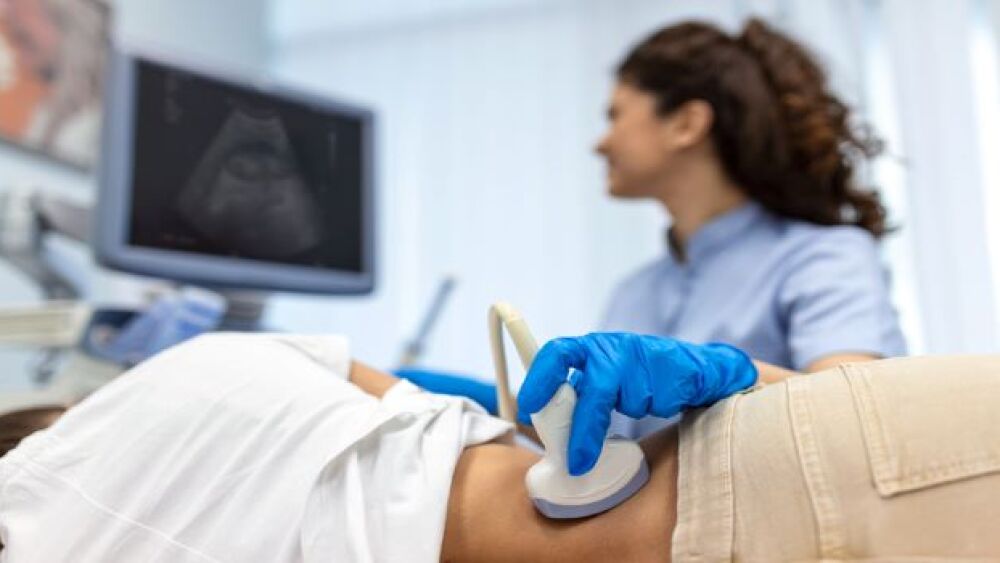After the Data Monitoring Committee reviewed the case based on protocol modifications implemented earlier this year, it was determined that enrollment in the trial and dosing may continue.
A data monitoring committee has cleared Talaris Therapeutics to continue with the Phase III FREEDOM-1 study of FCR001 in living kidney donor patients two days after announcing a patient death due to acute graft-vs-host disease.
The reported death on Oct. 18 triggered a temporary halt to the late-stage study.
After the Data Monitoring Committee reviewed the case based on protocol modifications implemented earlier this year, it was determined that enrollment in the trial and dosing may continue.
The modifications are believed to be sufficient to mitigate the risk of GvHD going forward. The DMC recommendation was reported to the FDA, the company noted.
Louisville, Kentucky-based Talaris reported that the patient who died was one of three study participants diagnosed with grade II acute graft-vs-host disease (aGvHD) earlier this summer.
The deceased patient initially responded to treatment but was hospitalized when the GvHD worsened to grade IV. That was also accompanied by multiple infections that ultimately led to respiratory and renal failure and death.
At the 2022 American Transplant Congress in June, Talaris presented an update on the FREEDOM-1 study that showed the incidence of GvHD in FCR001 subjects was “correlated with high CD34+ cell counts and high total nucleated cell counts in the FCR001 product.”
Additionally, Talaris reported a correlation between using the bone marrow stimulant plerixafor as a donor mobilizing agent and an increased risk of GvHD. The company said the Sanofi-developed plerixafor, sold under the brand name Mozobil, significantly increased CD34+ and total nucleated cell counts in the FCR001 product.
As a result, Talaris introduced two risk mitigation measures for GvHD in an amended trial protocol. This includes eliminating plerixafor as a donor mobilizing agent and a second post-transplant dose of cyclophosphamide, which the company noted has demonstrated to “reduce the risk of severe GvHD in haplo-identical allogeneic hematopoietic stem cell transplants.”
Plerixafor was not used as a mobilizing agent with the deceased patient. However, the company announced the starting FCR001 material contained a high number of CD34+ cells and total nucleated cells, which increased risk of GvHD.
Talaris Chief Executive Officer Scott Requadt expressed his remorse at the death and said patient safety is the top priority for the company.
On Thursday, Talaris said the two other patients with grade II aGvHD have recovered. One of those patients did experience additional flare-ups of aGvHD, but those incidents were also resolved with treatment.
The FREEDOM-1 trial is an open-label, registrational Phase III trial assessing FCR001 in 120 adult LDKT recipients. FCR001, investigational, allogeneic cell therapy was previously part of Novartis’ gene and cell therapy unit, until that was dissolved in 2016. Talaris was able to secure rights to the asset, seeing significant opportunities in organ transplant and severe autoimmune disorders.
With FCR001, the goal is to change the underlying pathology in organ transplant, so the body no longer sees the new organ as a threat, which triggers an immune response.
Typically, organ transplant patients must continue taking drugs to suppress their immune systems to protect the new organ from immune system responses. Those immunosuppressant treatments can cause safety issues that lead to some patients’ metabolic disorders and cardiovascular problems.
The primary endpoint of the Phase III FREEDOM-1 study is the proportion of FCR001 recipients who are free from necessary drugs to maintain immunosuppression without biopsy proven acute rejection at 24 months post-transplant.





